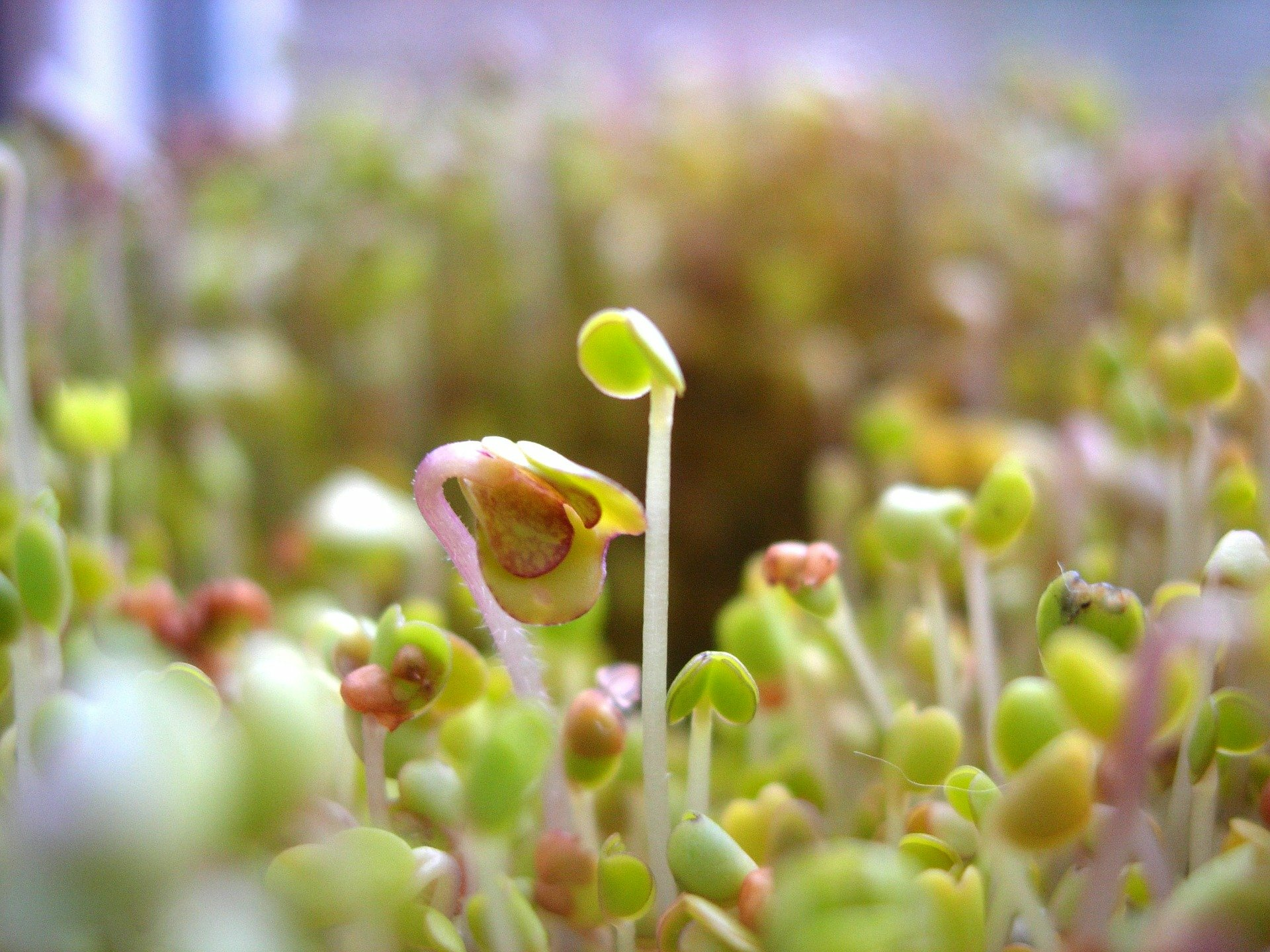
How to Grow Radish Sprouts: It’s That Easy
Radishes have the advantage of being a fast-germinating plant. Just like their close relative, the daikon, the seedlings of these cruciferous plants are tasty and very healthy. The seeds have an anti-inflammatory and antibiotic effect. This is due to the valuable mustard oils that give radishes and their sprouts their pungent taste. You can find instructions on how to grow radish sprouts yourself in this article.
This Article Contains:
Quick Overview
Grow Your Own Radish Sprouts Correctly
What you need: organic seeds intended for sprout cultivation and a germination jar (alternatively, sowing on hemp mats is also possible)
This Is How It Works:
- Soak one to two tablespoons of seeds in cold water for 12 hours
- Fill them into the germination jar, alternatively you can wrap the seeds in a cloth
- Water the seeds at least twice a day
- After 3 to 5 days, the radish sprouts will be germinated and ready to eat
Growing Your Own Radish Sprouts in a Jar
To grow your own radish sprouts, all you need are seeds and a sprouting jar. When growing sprouts in particular, it is important to use organic seeds to avoid ingesting residues of harmful chemicals. Not every seed is suitable. When buying seeds, make sure that they are explicitly intended for growing sprouts.
Instructions for Growing Sprouts
Soak your seeds in cold water for about 12 hours. Don't use too many at once: one or two tablespoons are sufficient for growing sprouts. Then fill them into your germination jar. Alternatively, you can wrap the seeds in a damp kitchen towel, which works just as well. Now you need to water the radish seeds well several times a day (at least twice). The small seeds need a lot of moisture to germinate successfully. It is important that the water can always drain well and that the seeds are not lying in the water. Then it will happen very quickly and after 3 to 5 days you can enjoy your own sprouts. Wash them thoroughly before eating. After each germination, you should clean your sprouting jar thoroughly with hot water or in the dishwasher.
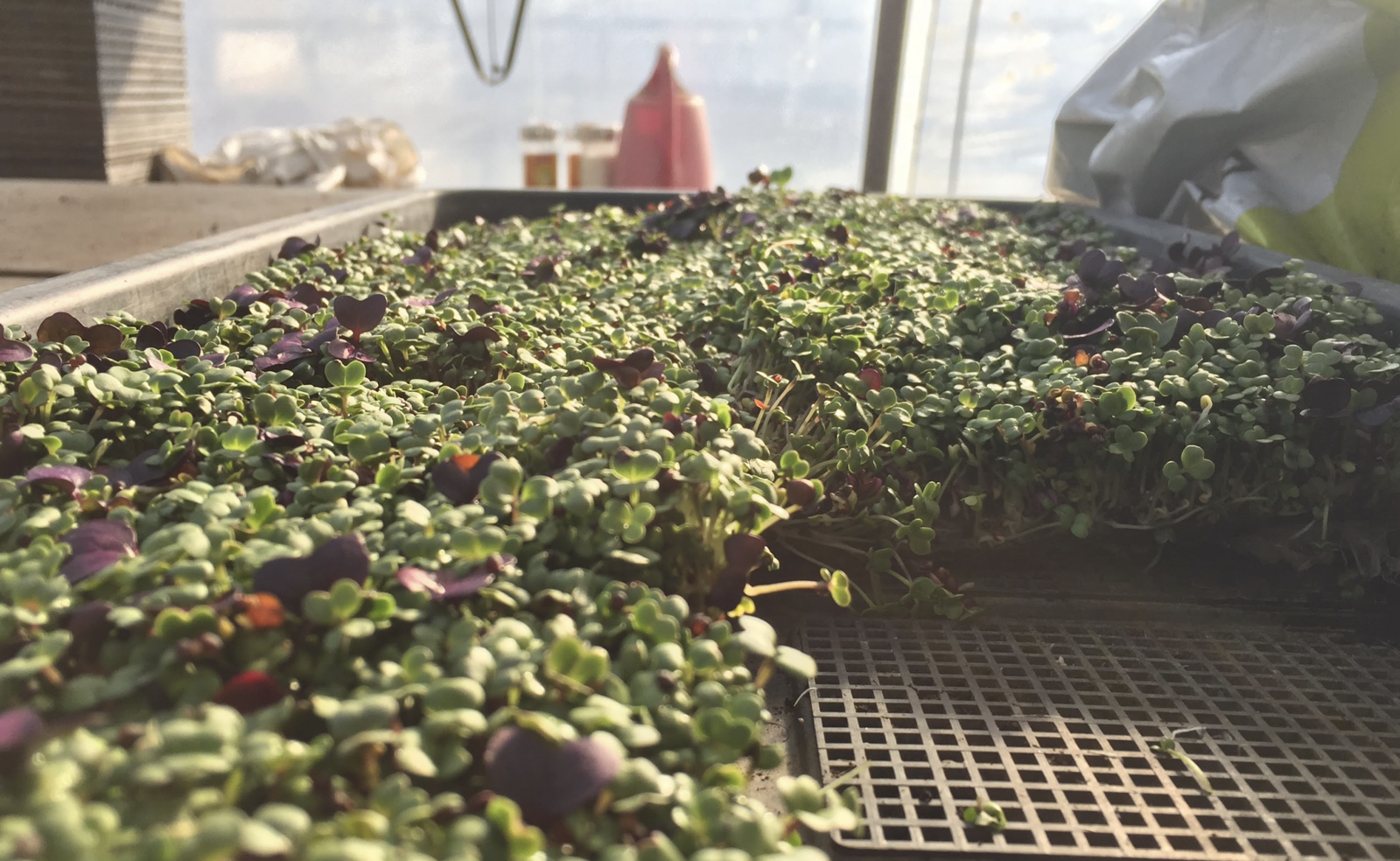
Do-It-Yourself: Make Your Own Germination Jar
A germination jar has the advantage that excess water can always drain away easily. If you don't have one at home, you can easily make one yourself in just a few steps. A large screw-top jar is suitable for this. Make small holes in the lid with a nail so that the water can flow through easily. The lid should be made of plastic, not metal, as this can rust and reduce the quality of the sprouts. Your own sprouting jar is now ready for use.

Exchange Knowledge With Fellow Gardeners
If you want to exchange ideas with other gardeners and benefit from their experience, you can visit our Fryd community. You'll find lots of DIY tips and you can share your ideas.
Join Our CommunityHow Long Do Radish Sprouts Last?
The essential oils in the radish seeds inhibit the growth of mold, which is why they can be stored well in the refrigerator. Fine fibrous roots may form in the first few days after germination, which can easily be mistaken for mold. To be sure, you can smell the sprouts. If they do not smell musty, they are still suitable for consumption. You can usually store fresh sprouts in the fridge for about a week.
Our tip: It is also worth mixing in radish seeds when growing other sprouts. This reduces mold growth and you can enjoy your sprouts for longer.
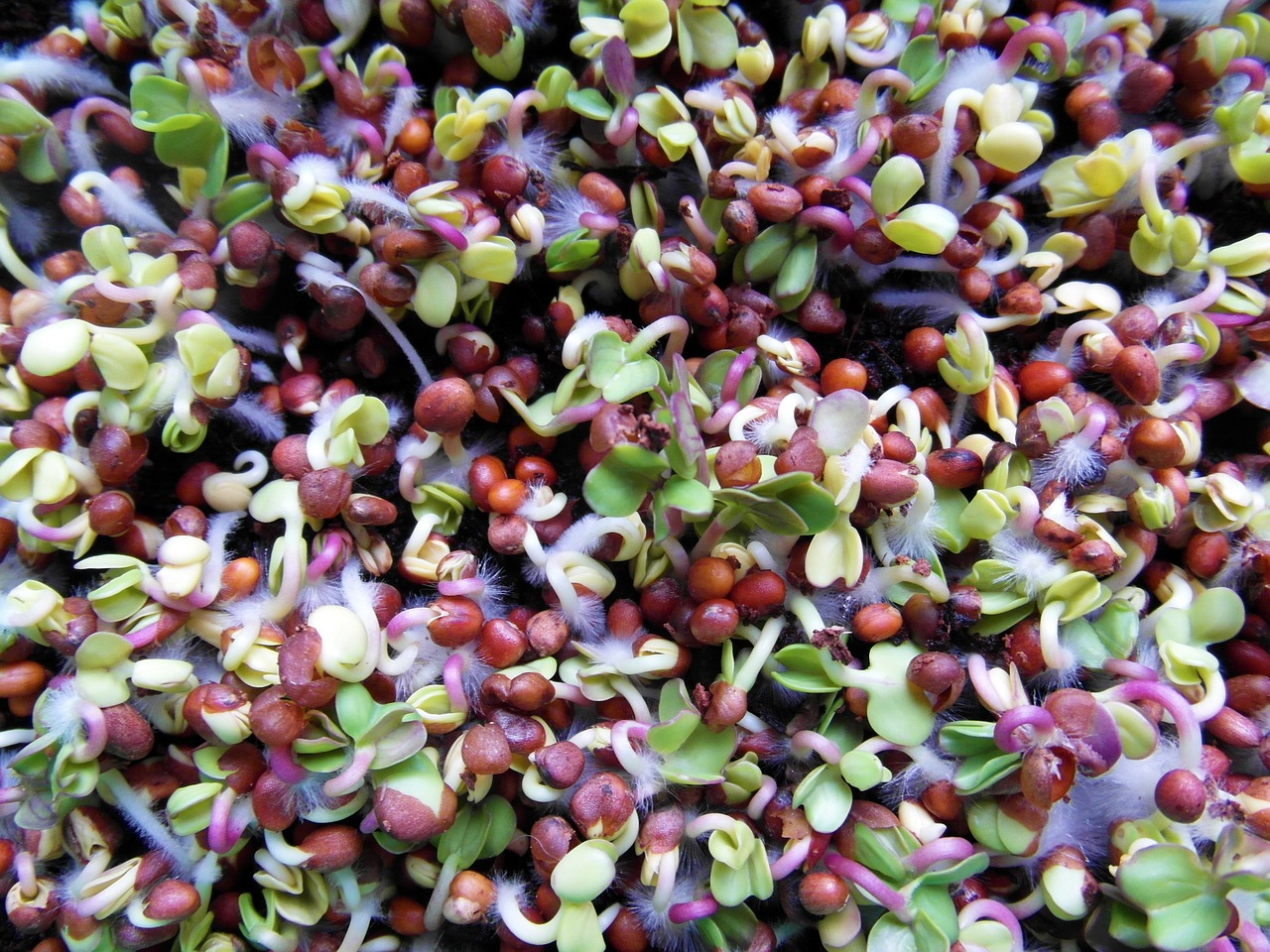
Excursus: Radish as a Medicinal Plant
The radish is undisputedly a valuable medicinal plant. As already mentioned, the mustard oils are responsible for this. These are able to kill cancer cells and protect humans from various pathogens such as bacteria and fungi. However, it is not only the mustard oils, but also secondary plant substances such as anthocyanins that have positive effects on the human body. They give radishes their beautiful red color. Anthocyanins have an antioxidant and antimicrobial effect and are also said to protect against cancer.
All in all, it is worth growing radish sprouts and radishes.
Want to get helpful gardening tips all year round and plan your own beds in the best possible way? Then register here or download the Fryd app for Android or iOS.
Fryd - Your digital bed planner
Cover picture by Famifranquoi on Pixabay.
Marie
Current Topics in the Community
Liked 1 times
Are you a sausage?
Show 1 answer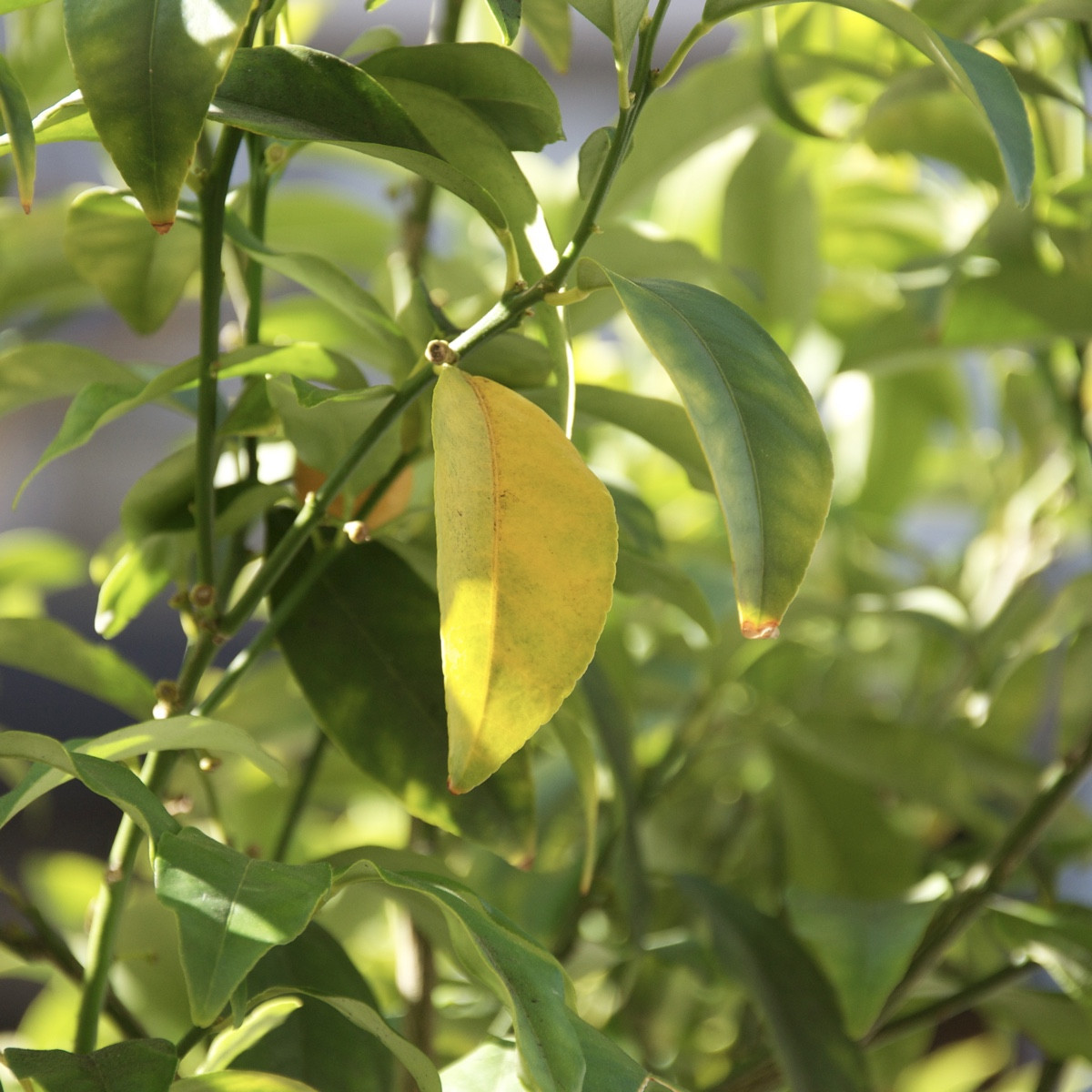
Liked 1 times
My garden
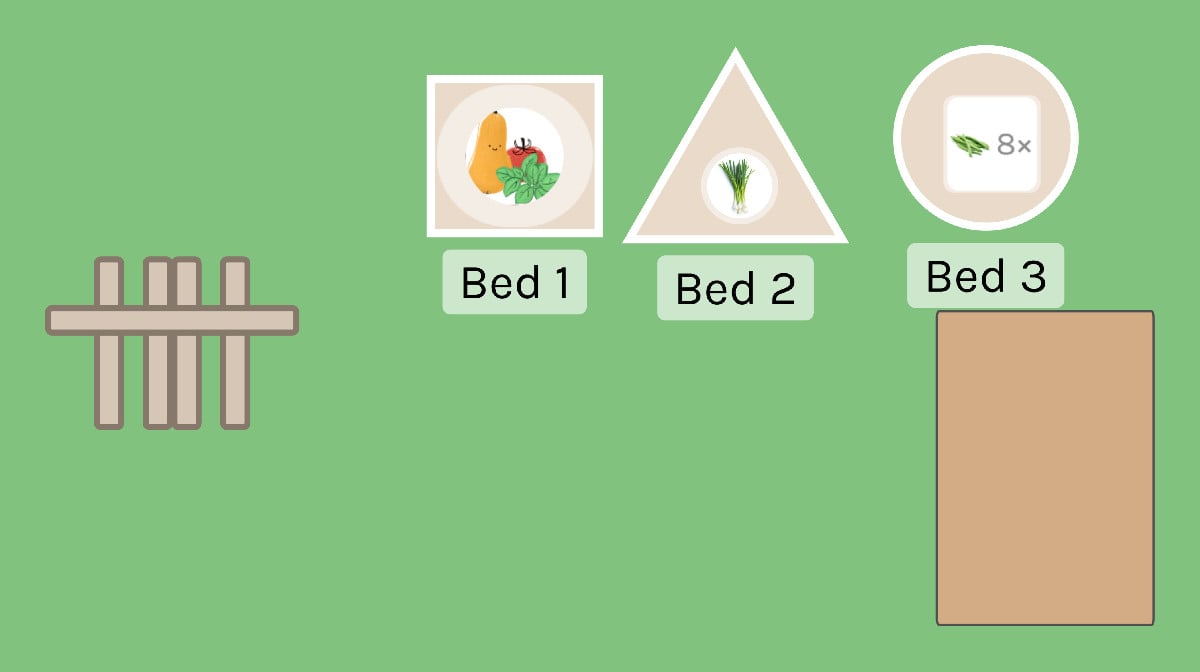
Fab new plan
Popular Articles
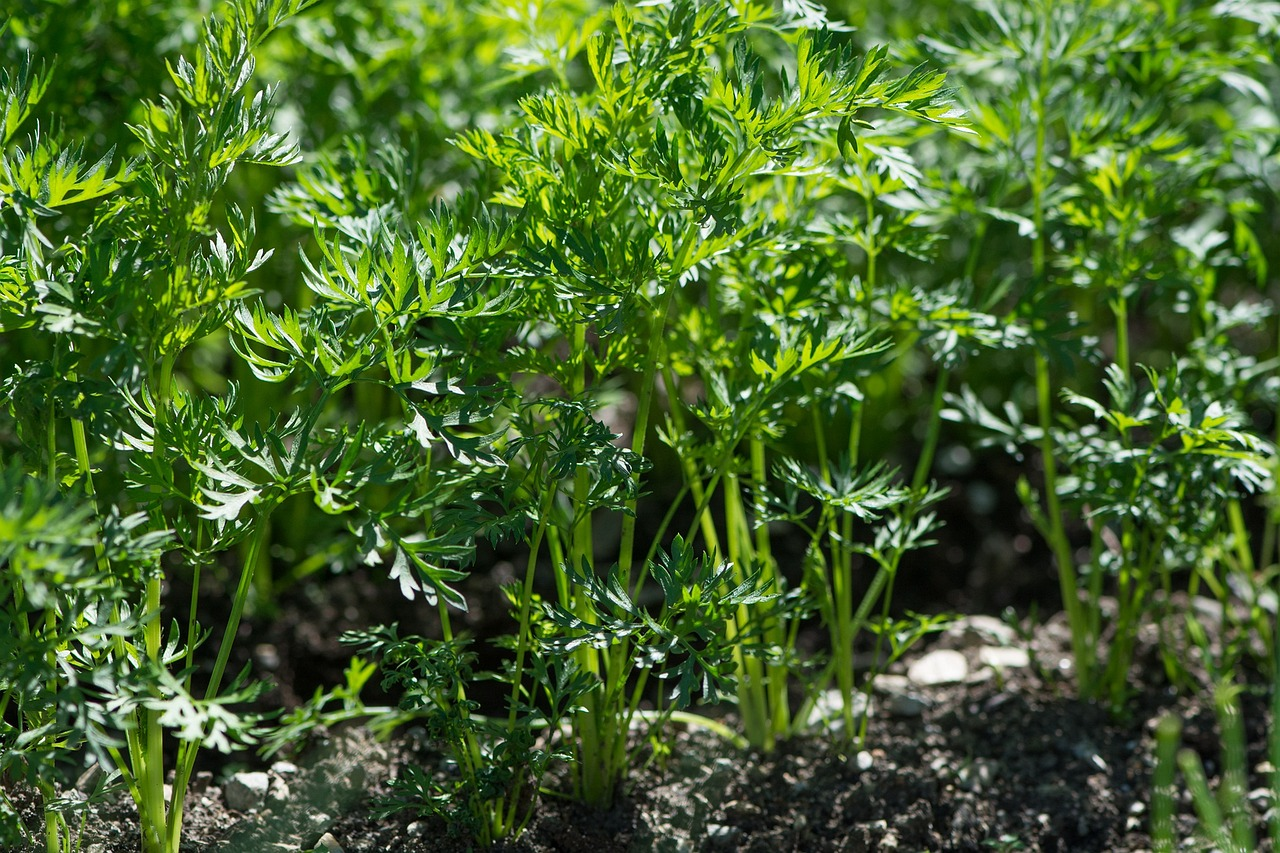
Companion Plants for Carrots: What (Not) to Plant With Carrots
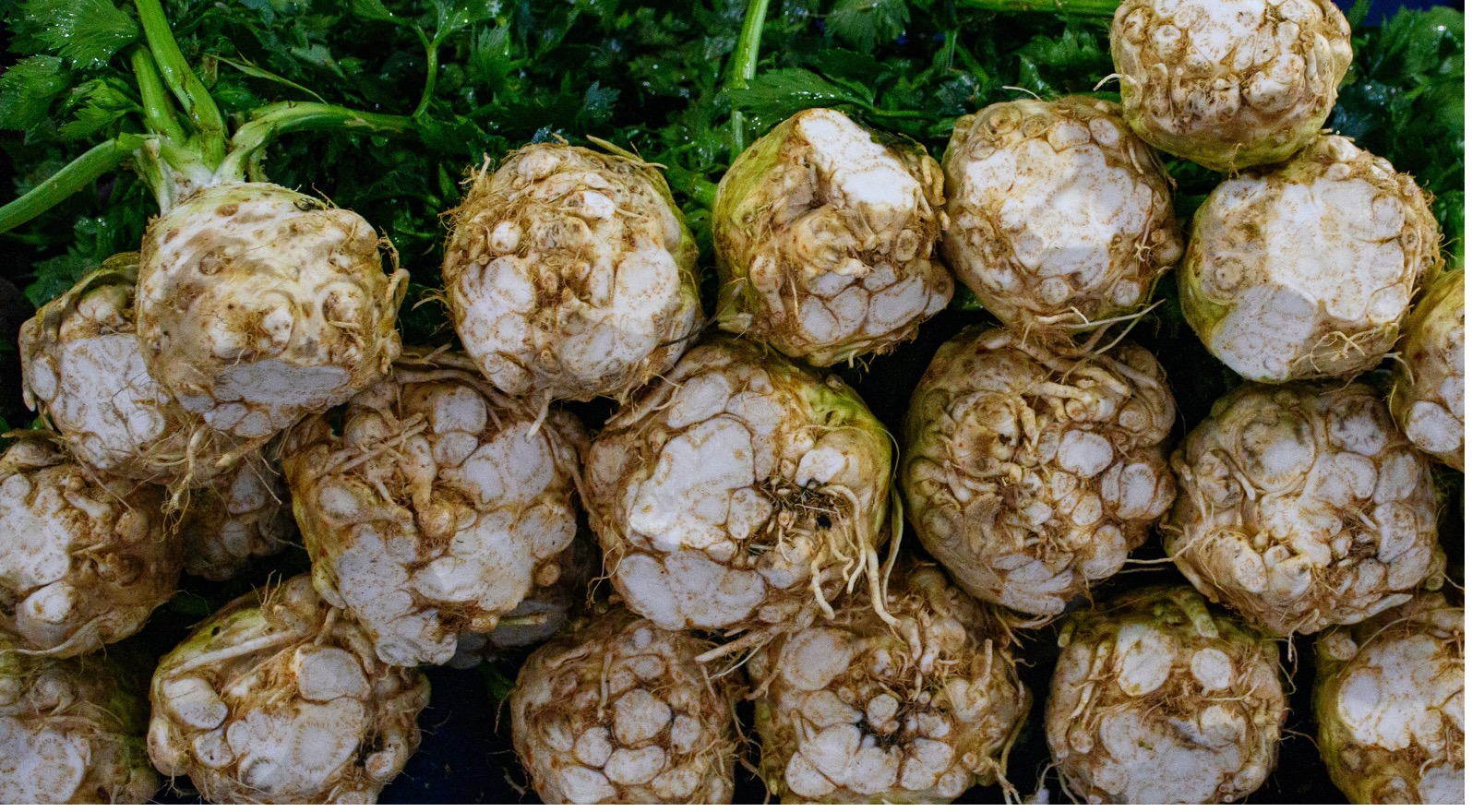
Companion Plants for Celery : What (Not) to Plant With Celery?
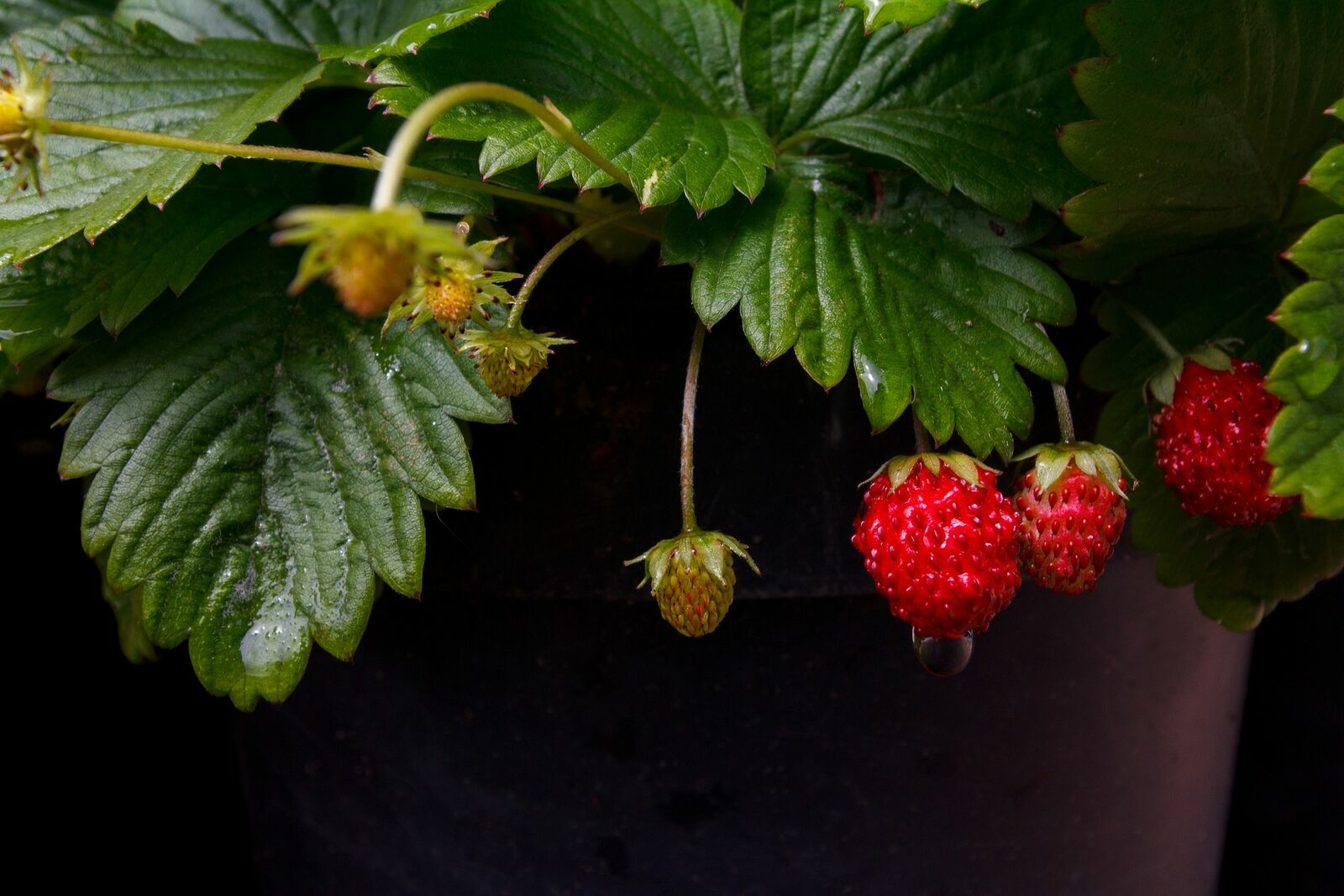
Strawberry Types: List of Best Strawberry Varieties
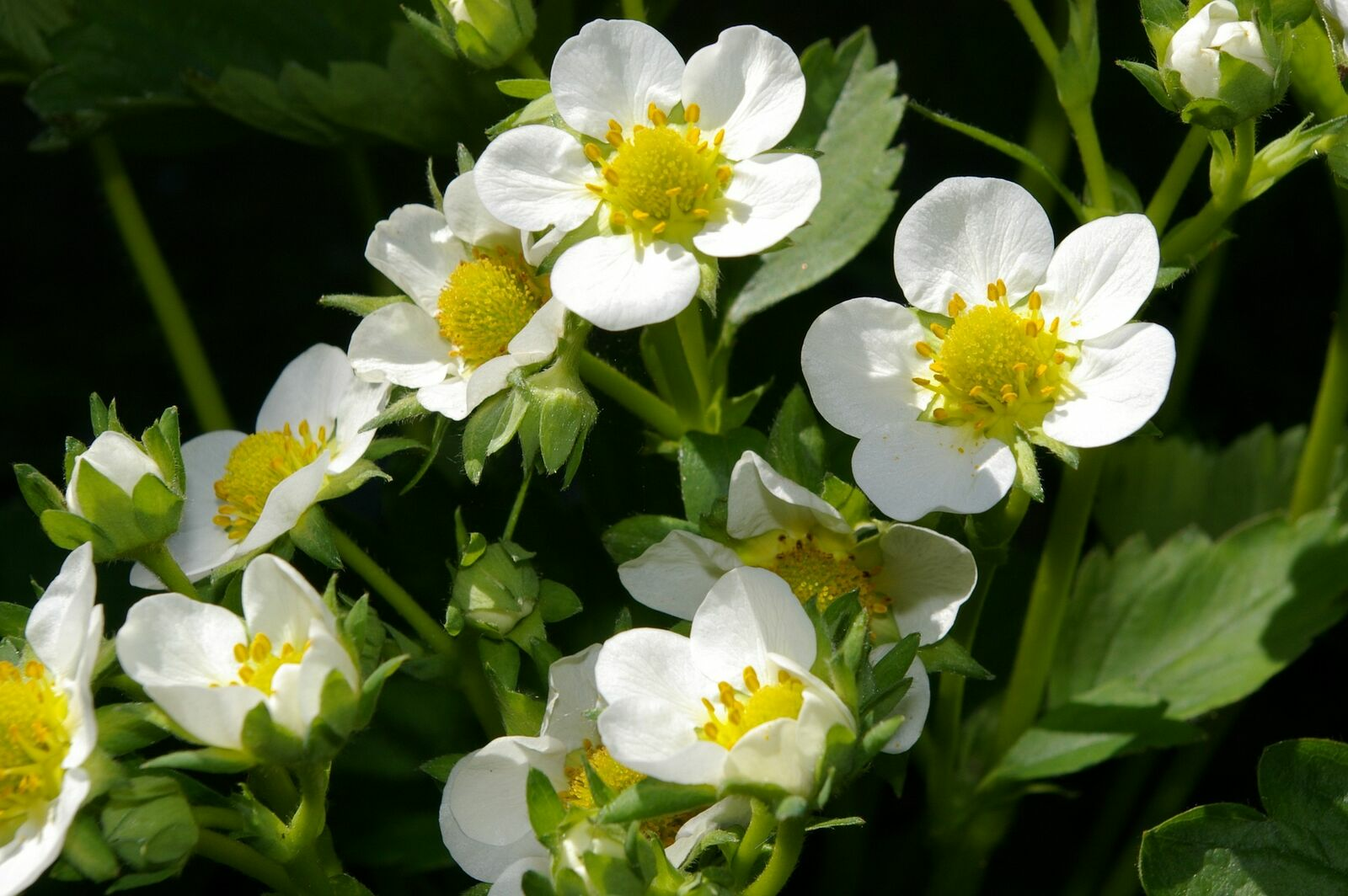
Companion Planting With Strawberries: Companion Plants and Planting Plan
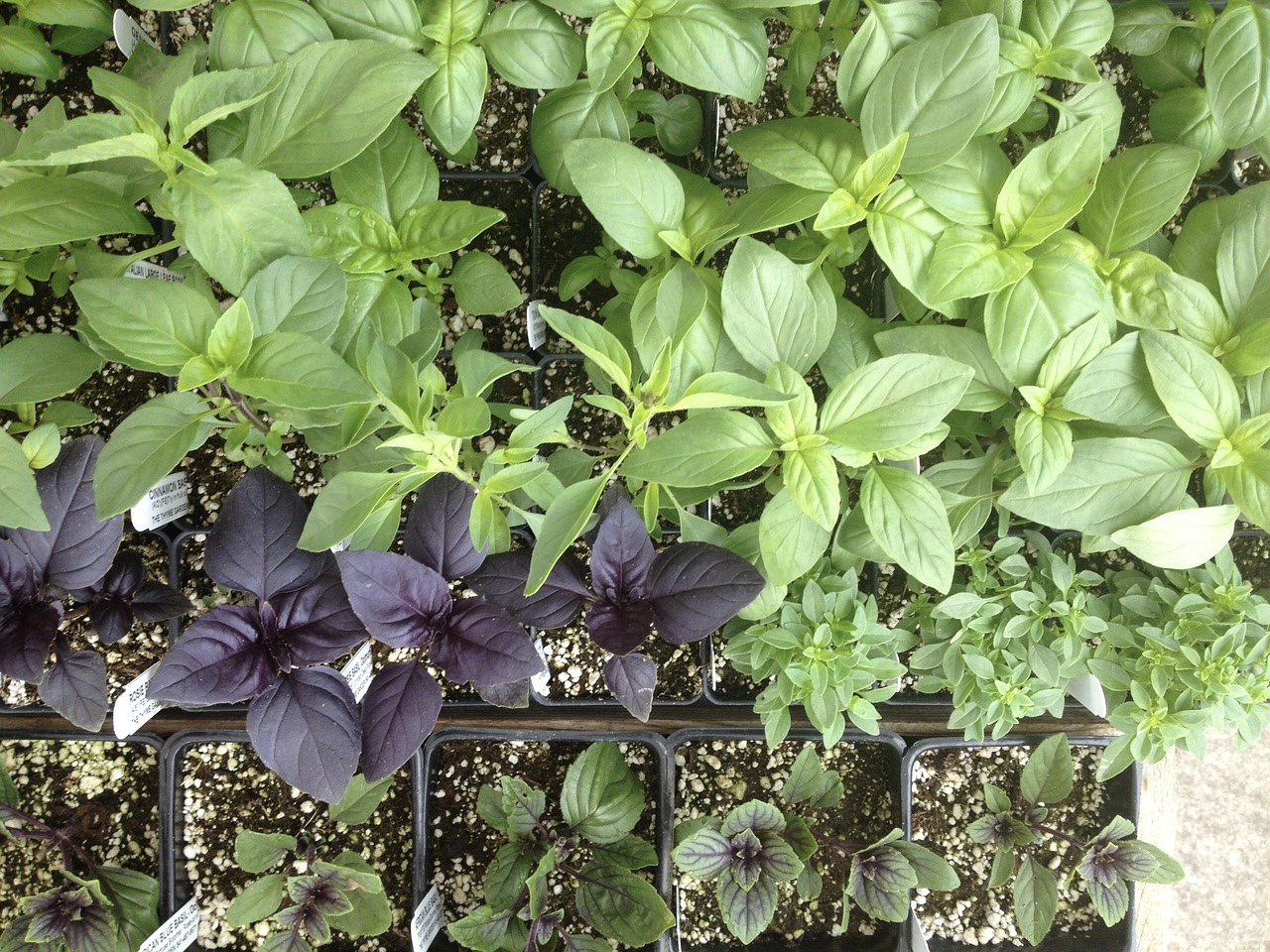
Basil Varieties & Types at a Glance
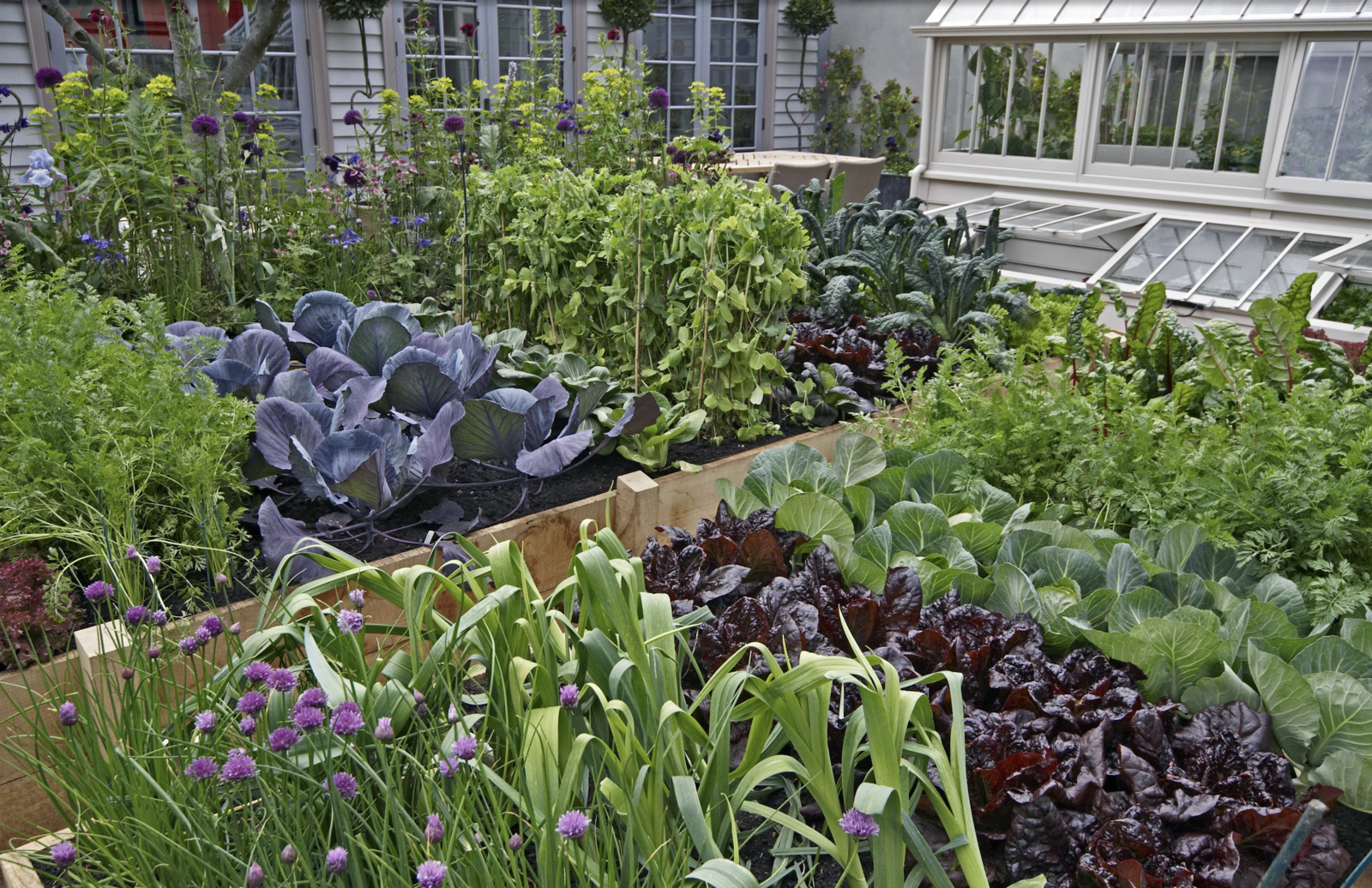
What to Plant With Cabbage: Good and Bad Companion Plants
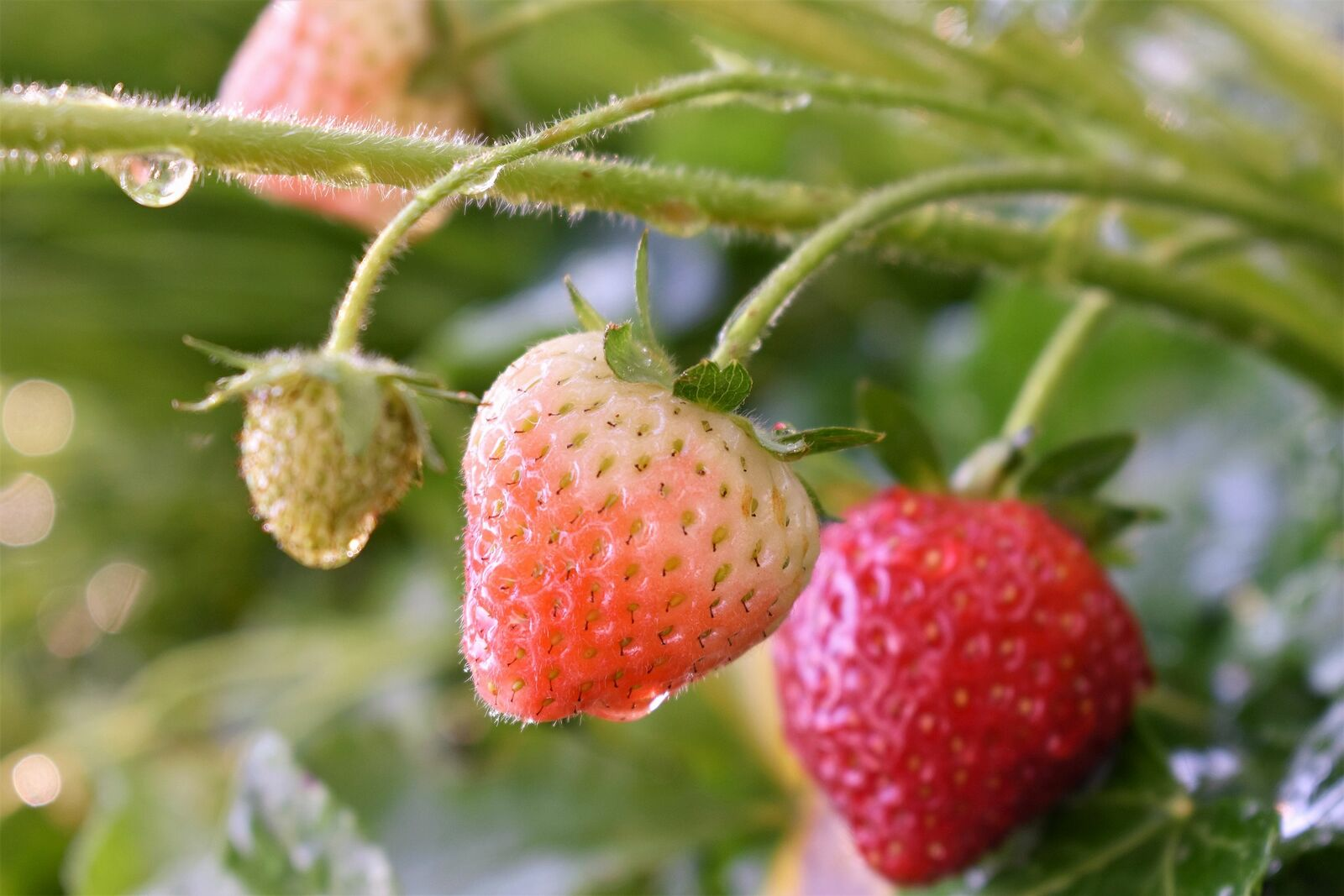
Fertilizing Strawberries: Home Remedies & Natural Fertilizers at a Glance
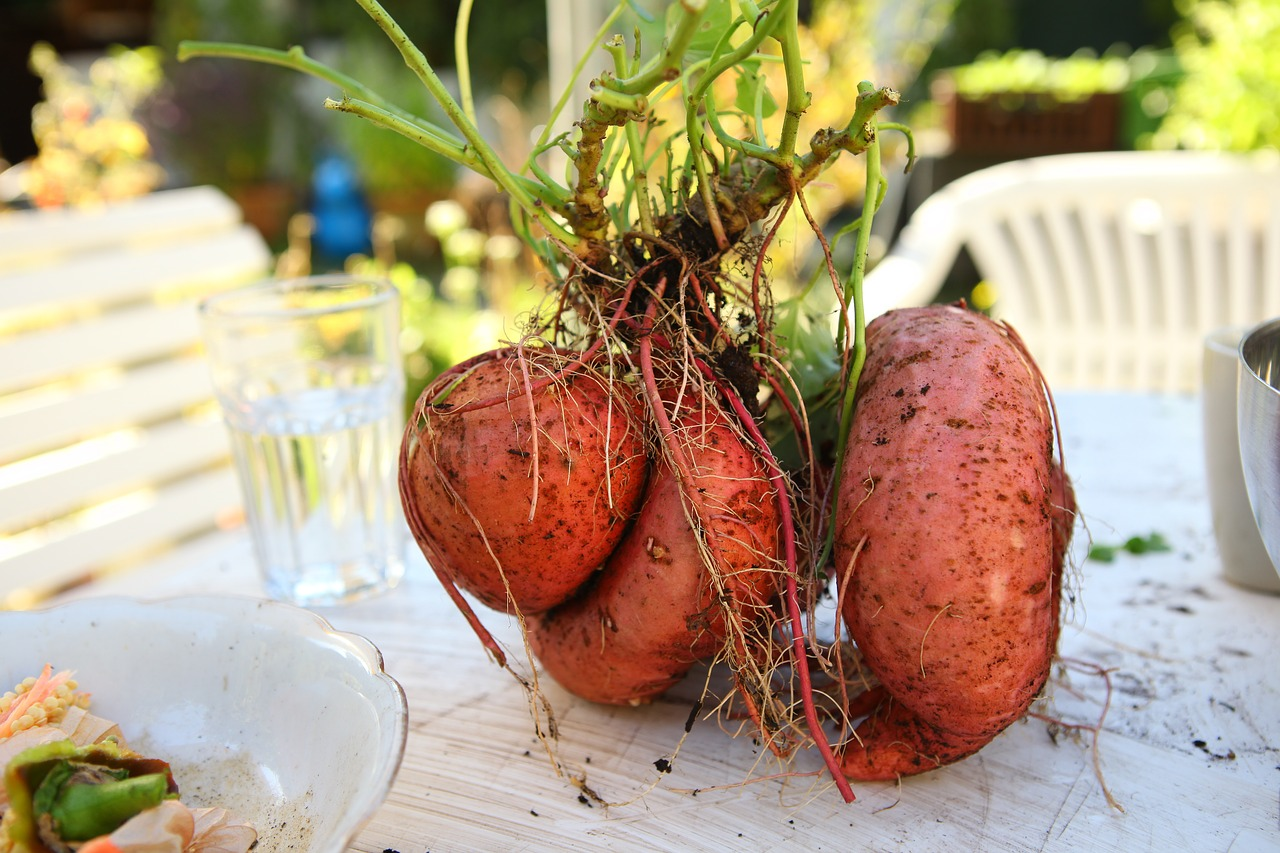
Growing Sweet Potatoes: Tips on Cultivation & Companion Plants
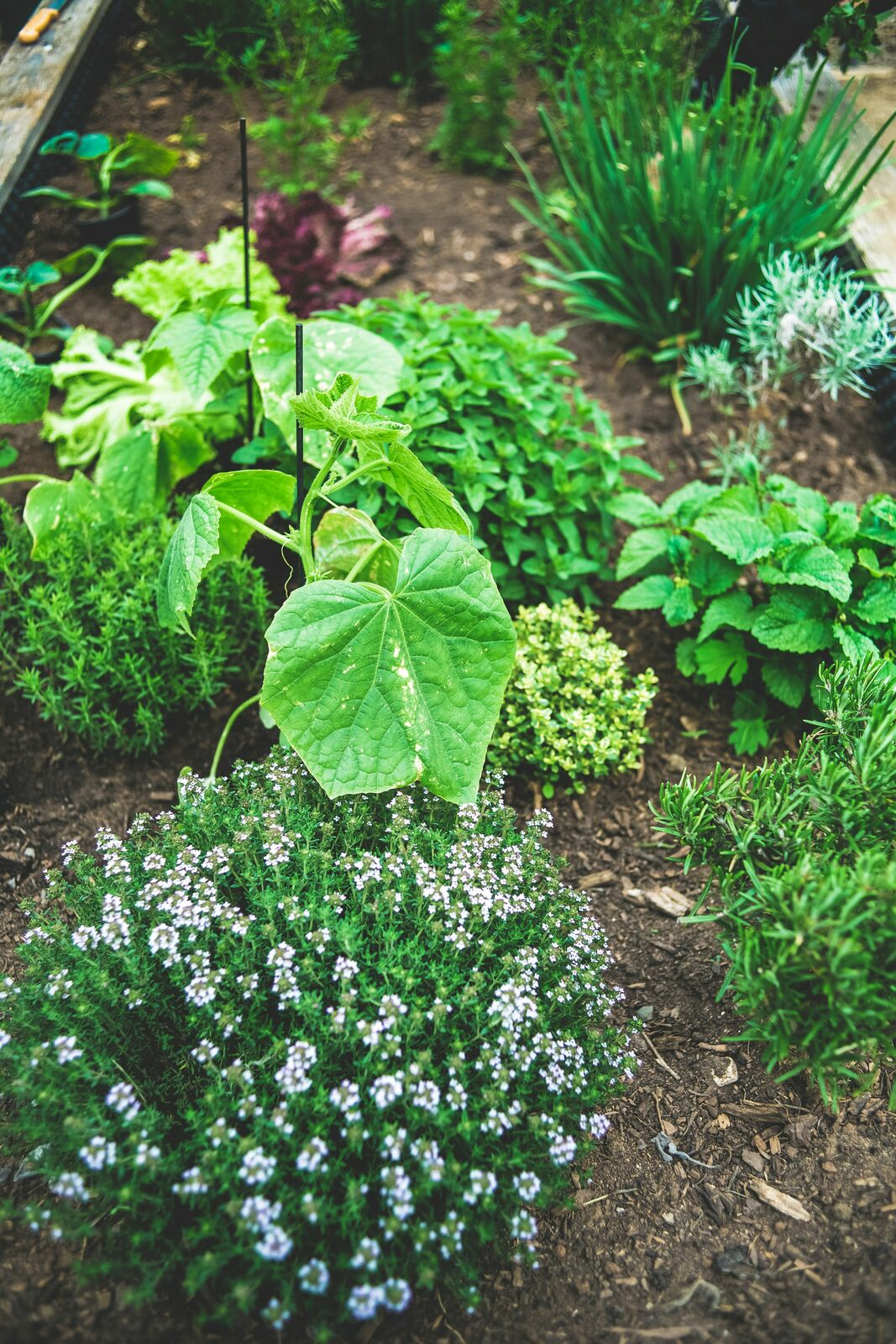
Companion Plants for Kitchen Herbs: Chives, Parsley & Co
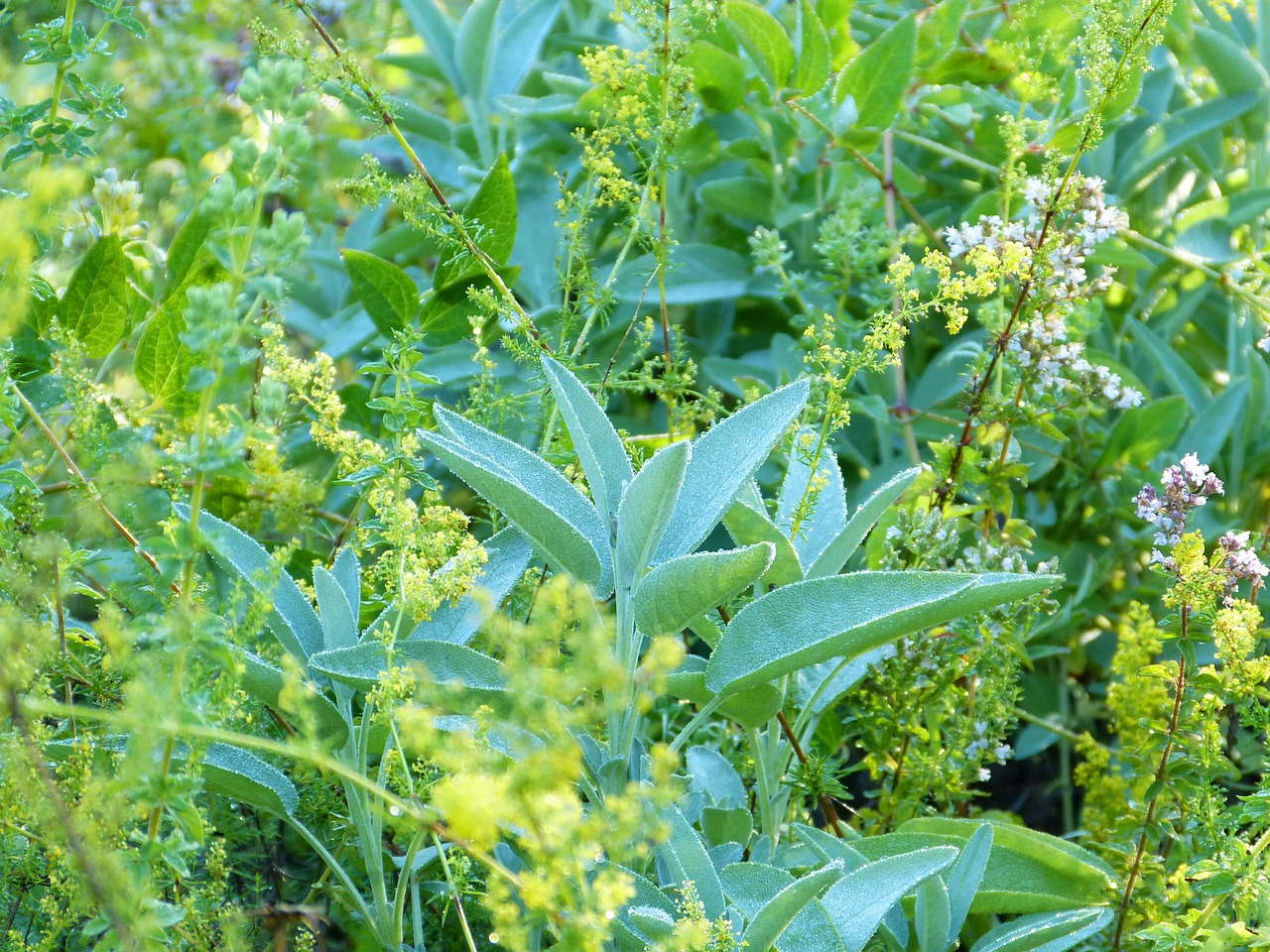
What Herbs Can Be Planted Together?
FAQ
How long do radish sprouts need to germinate?
Radishes germinate after about 3 to 7 days if you keep the seeds moist. To do this, water the radish seeds daily.
You don't necessarily need a germination jar. Instead, you can simply sow the seeds on a kitchen towel or a hemp mat. Alternatively, you can easily make your own germination jar from a screw-top jar.
What is the shelf life of radish sprouts?
As a rule, freshly sprouted radish sprouts will keep for about a week.